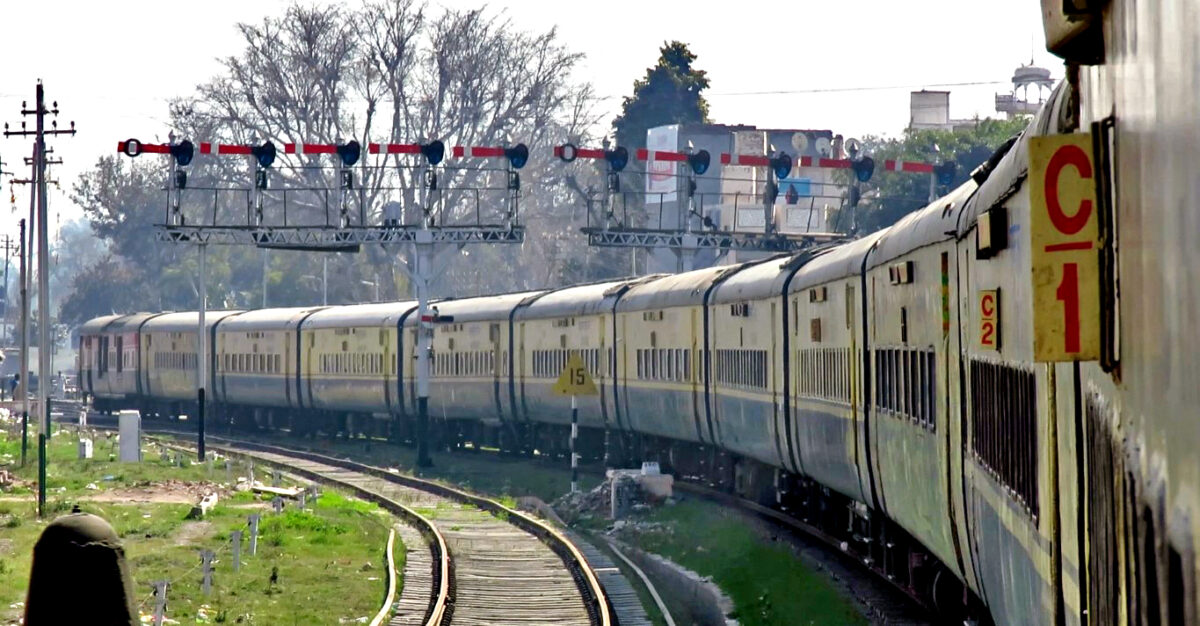LUDHIANA DISTRICT, INDIA – The number of occasions where terrorists subscribing to one faith decide to kill those of another are far too high to count.
Religion is a funny thing, isn’t it? In the best of times it is inspiring and has led many to perform acts of incredible selflessness. In the worst it has been equally inspiring but the acts it has engendered are horrific.
You see, the thing about faith is that it is largely exclusionary. Yes, many religions do allow, and even encourage new adherents, but the fundamental principle is that a given faith sets itself out as different than another. Or as Bernard Lewis once put it both simply and eloquently, “I’m right, you’re wrong, go to hell!“

Most times, those who see their beliefs as inherently better will voice their views in an arrogant way, certain that their system is superior. On others, the result is violence, sometimes on a mass scale.
On this day in 1991
Sikh terrorists in the Punjab region of India launched coordinated attacks on trains leaving Ludhiana in two directions. Gunmen opened fire, killing 80 and wounding 110. Most of the victims were believed to be Indian Hindus.
Note that this act had BOTH political and religious undertones (two of the criteria usually associated with acts of terrorism). A certain segment of Sikhs in the Punjab want an independent Sikh homeland (political) and some of those are also violent from a faith perspective (religious). That most of the victims were Indian Hindus should not be lost on anyone.
Read More Today in Terrorism
May 31, 1906: Spanish anarchist bombs royal wedding
On May 31, 1906 a Spanish anarchist threw a bomb hoping to hit King Alfonso XIII, killing 24 and wounding more than 100.
May 30, 2009: Anti-government group bombs TV station in Ecuador
On May 30, 2009 two pamphlet-bombs exploded outside an Ecuadorian TV station and ministry: no victims or significant damage ensued.
May 29, 2016: ISIS uses chlorine gas in terrorist attack
On May 29, 2016 35 civilians were wounded in an ISIS attack using rockets containing chlorine gas in Iraq’s Nineveh Province.

